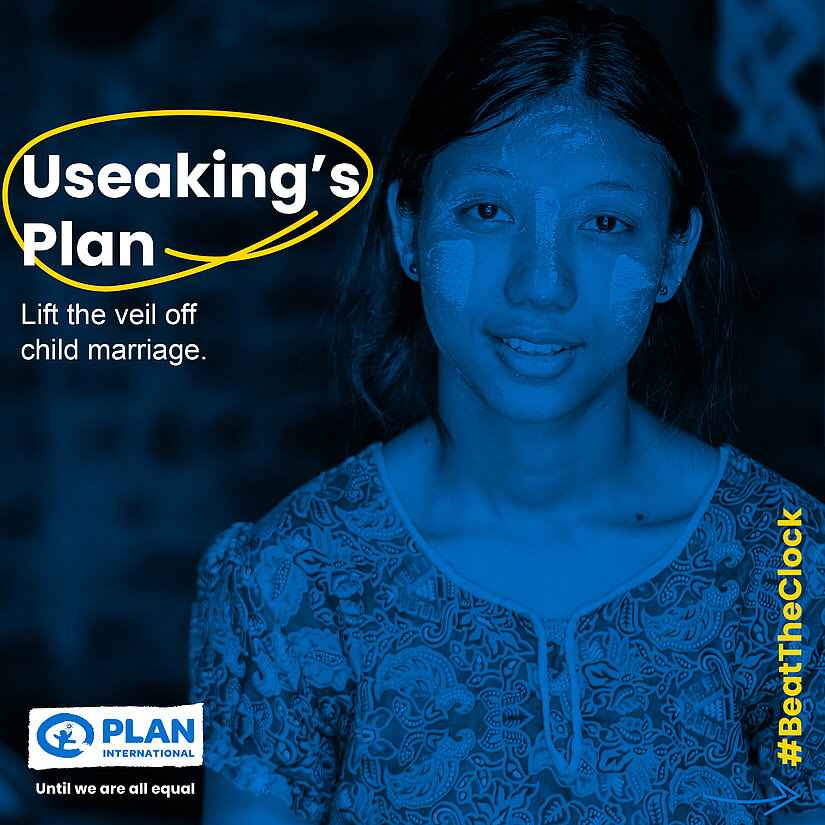In the community of Cox’s Bazar in Bangladesh, 21-year-old Useaking, a mother of two, can pinpoint the event that changed her life forever: getting her period.
“I used to have to stay home for days when I had my period,” says Useaking, whose information on menstruation came from myths and taboos. “I didn’t even know to use rags, let alone sanitary pads, so I couldn’t go out as people would see my bloodstained clothes.”
Staying home, in turn, affected her education. She fell behind in school. As her studies slipped away, so did her options. Useaking was 15 when she dropped out of school, against her parents’ wishes, to marry a boy she’d met at Sangrai, a traditional water festival. She thought marriage would bring her the freedom she craved.
“If I had known, I might have made different choices”
With marriage came an early pregnancy. Alone in a new community, Useaking was expecting her first child by age 16. Her second arrived 14 months later. “At the time, I didn’t know I could use the health services in my area. No one told me about this or was there to guide me,” she recalls, describing a situation that is common in many parts of Bangladesh, where 22% of girls marry before the age of 15.
Useaking’s story took an unexpected turn when she discovered a community support group for young married women. Among her new friends, she learned about sexual and reproductive health, mental health and gender-based violence. The more she learned about her rights and the importance of family planning, the more confident - and vocal - she became.
Determined to share her knowledge with any girl who would listen, including her younger sister, Useaking began speaking out against early and forced marriage, using her life as an example. “Girls who study and work can live freely and go wherever they want,” she says. “But I cannot. If I had known, I might have made different choices.”
Given that daughters of teenage mothers run a greater risk of becoming young mothers themselves, Useaking has a vested interest in breaking the cycle of intergenerational poverty that perpetuates early marriage: “I want my daughter to reach her full potential and enjoy her freedom, to have access to education and the opportunity to pursue her dreams.”


